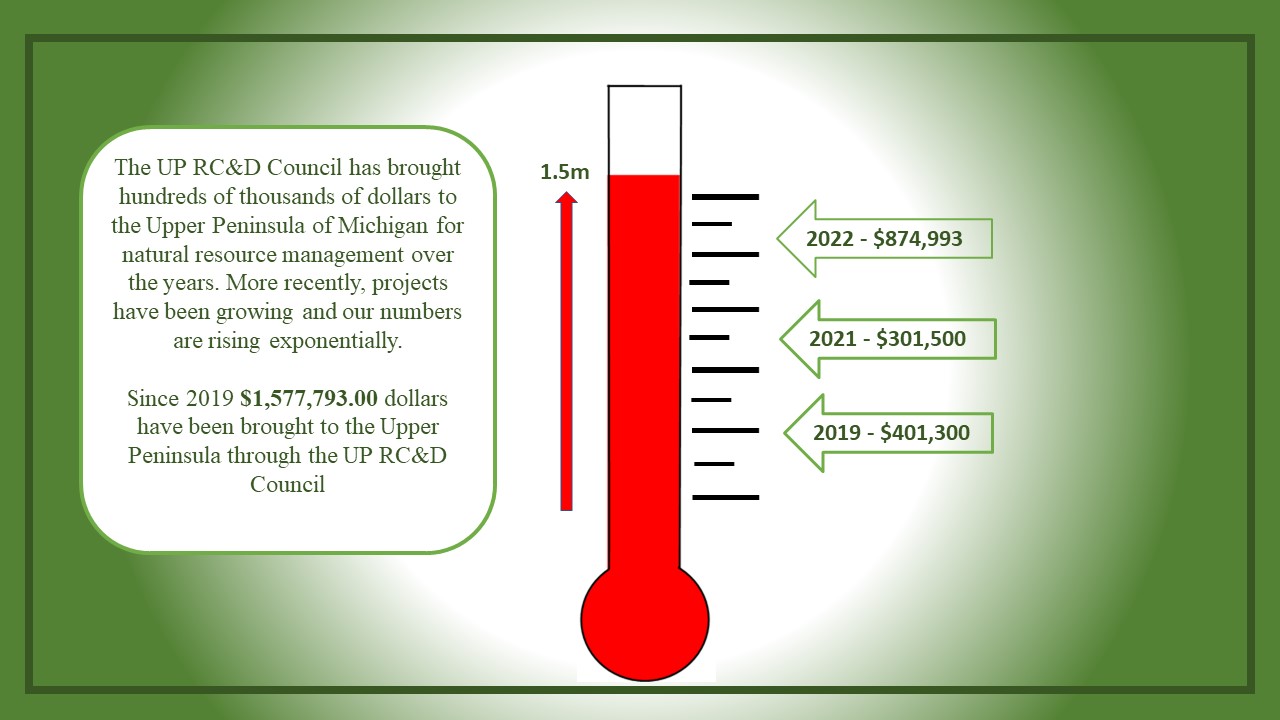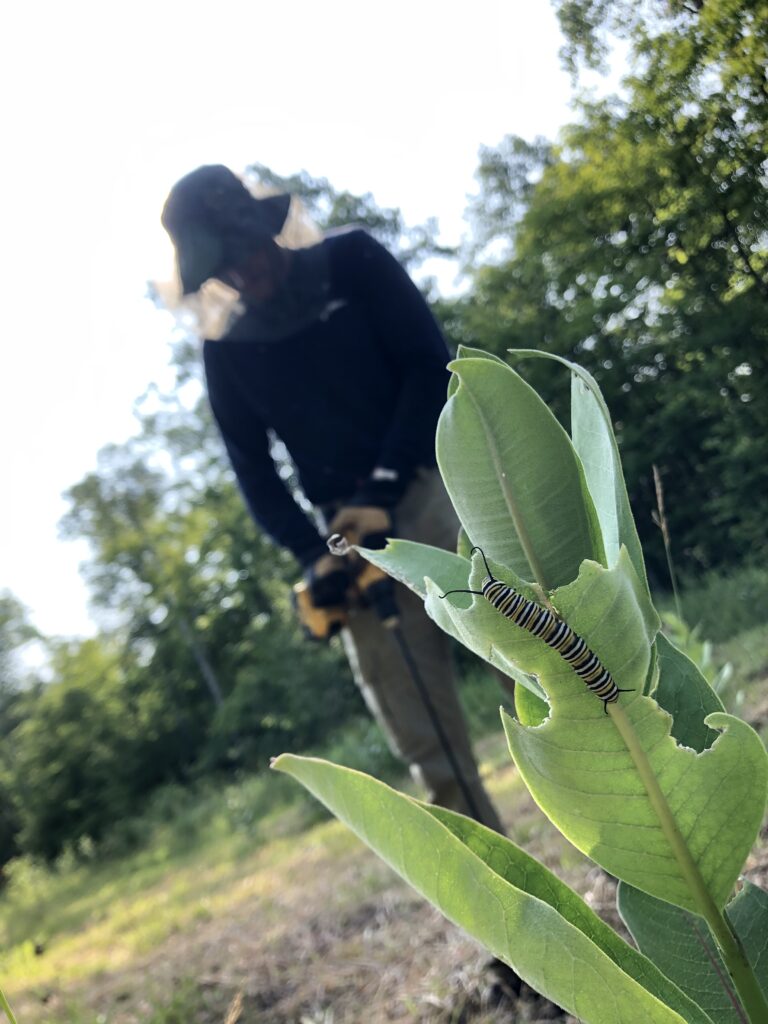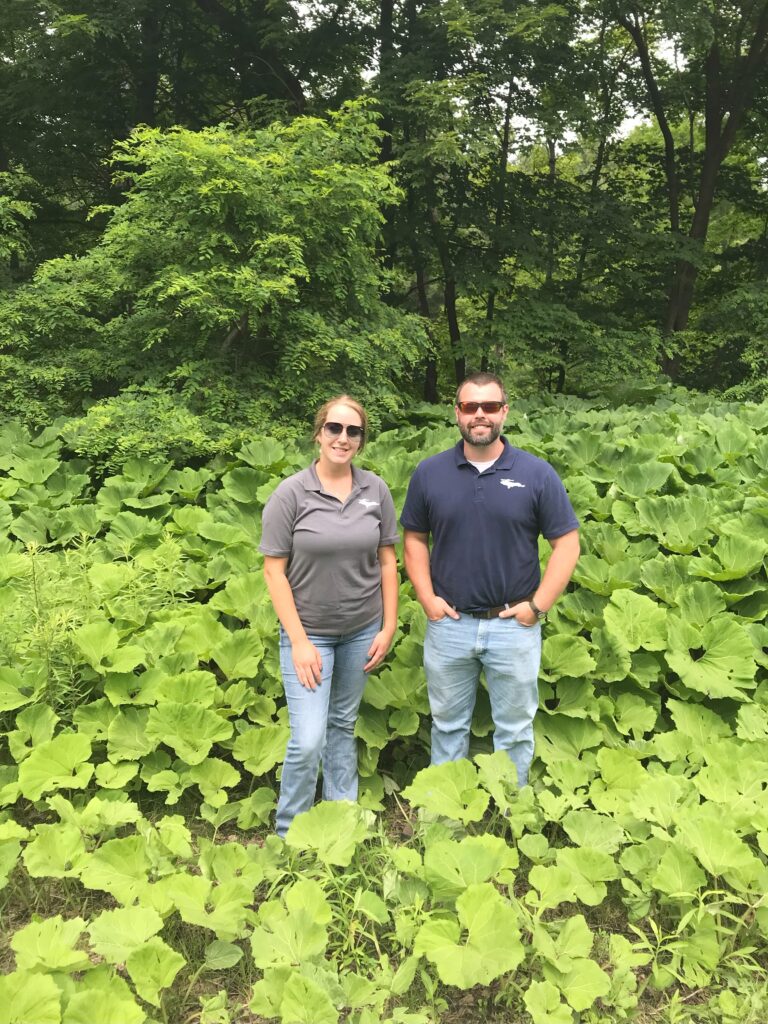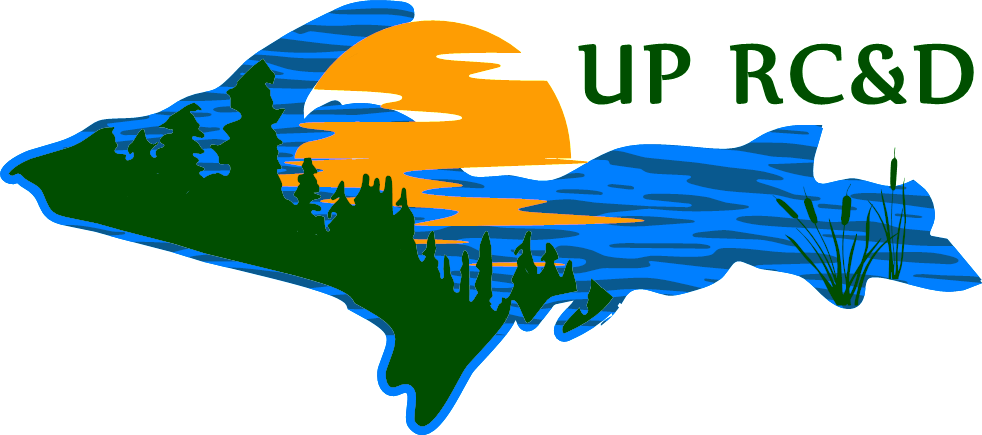
UP RC&D is a non-profit corporation whose vision is to promote the conservation of natural resources within Michigan’s Upper Peninsula
Our mission is to foster partnerships among diverse stakeholders that support a healthy environment and economy for the Upper Peninsula

Proudly Serving all 15 Counties in the Upper Peninsula of Michigan
The purpose of the council is to provide local leadership required for developing and carrying out a plan for the orderly conservation, improvement, development and wise use of the natural resources within the UP.


Contact Us
128 W. Spruce Street, Suite 5
Sault Ste. Marie, MI 49783
[email protected]
(906)225-0215
